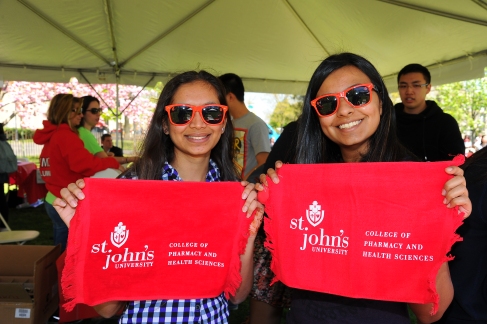“How to Lie With Education Data, Part 1” in The Chronicle of Higher Education demonstrates the power of data. When data and statistical information is used appropriately and presented factually, data has the influence to make significant changes in the medium for which it exists. However, it also has the ability to distort certain realities when misrepresented.
This article critiques a post, which appeared on Forbes’ site, that discusses the cost of college education and the prevalent concerns associated with student loan debt. Many are aware of the rising cost of a college education; however, many mistakenly equate the cost with its true value. Even though the post is written as a semi-satirical read, it does show the negative perception of the cost versus the value of higher education perceived by many students, former and present.
Per the critique, “Mr. Taylor exacerbates the general misunderstanding of the cost of college by excluding financial aid from his calculation of the average cost of four years of in-state tuition, fees, and other expenses at a public university. That causes him to vastly overstate the cost of college.” His reported costs of education are much higher than data accumulated by the Department of Education (DOE) as the DOE accounts for those financial aid awards. Even though the author’s self-reported data on his cost of education may be somewhat accurate, the statistics are presented in such a framework that lead the reader to perceive the cost of education with a colossal price tag with little value.
In order for one to have the opportunity to make an honest judgment, statistical claims need to contain accurate data. Such claims should also be presented with some level of transparency so the reader is aware of how it was obtained. Even though the cost of the author’s college education is equivalent to the purchase of 233 pairs of particular headphones, such a comparison is misleading and ignores the fact that an investment on such items depreciate in value immediately. The value of a college degree appreciates with time and should be presented as so.





